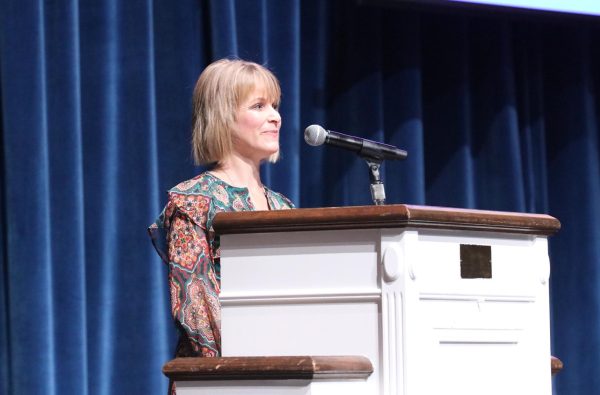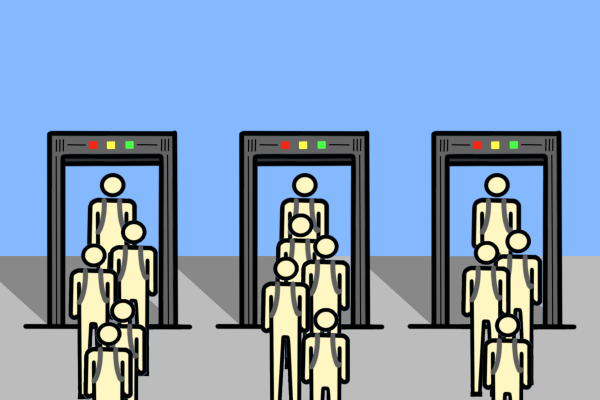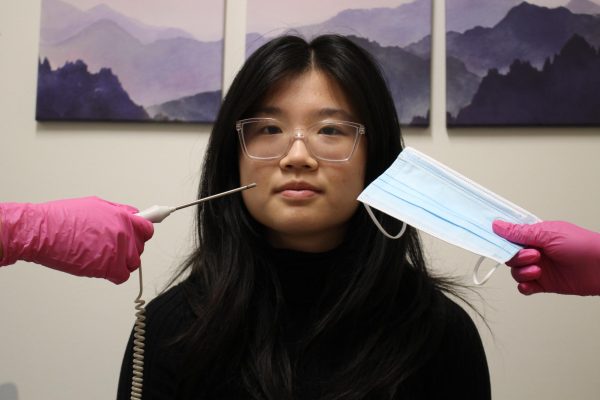EPA limiting science that can be used in decisions
The Environmental Protection Agency (EPA) has long been a subject of contention between the two major political parties; each of whom have different ideas on how the planet is affected by human interference. It comes as no surprise that President Donald Trump’s advisor for the EPA, Scott Pruitt, is proposing a new rule – one that limits what science may be used to determine EPA regulations. This rule, if put into effect, may limit regulation and skew the studies on how the environment is affected. If put in place, the EPA will only be able to consider studies that have data fully available to the public.
“The science that we use is going to be transparent, it’s going to be reproducible,” Pruitt said of his proposal. “It’s going to be able to be analyzed by those in the marketplace, and those that watch what we do can make informed decisions about whether we’ve drawn the proper conclusions or not.”
The rule that will make the agency’s decisions more, in his words, “transparent, objective, and measurable,” may not be able to be reversed by future administrations if it is approved and implemented.
“This is not a policy. This is not a memo. This is a proposed rule,” he told reporters. However, legal trouble may be in the cards for this rule – several scientific organizations have expressed concerns that this may skew science used in the decision-making.
“Our concern with this is they are quite literally limiting the best available science that can be used by the EPA,” Sean Gallagher, the senior government relations officer for the American Association for the Advancement of Science, says. “Those studies involve people like you and me, signing confidentiality agreements that the scientists doing the studies won’t reveal my personal health information, like my vital statistics, or my death certificate, if I die during the course of the study. This is the kind of science that the EPA relies on, whether it looks at chemicals or particulates and their mortality or health effects. It involves private data.”
In addition, several environmental agencies have promised to fight the measure in court.
“The American people ought to be able to have confidence, assurance, that the findings, the record that we build … can be assessed, it can be evaluated, it can be analyzed,” Pruitt told reporters.

This is my fourth year on the Bagpipe staff.
What is your dream job?
Psychologist
What are you involved with at the school?
President of Video Game Club, Reading Buddies tutor
How would your friends describe you?
Quirky












